When facing a job interview, one question that invariably pops up is “Tell me about yourself.” It’s a moment that can set the tone for the rest of the conversation. Crafting the perfect response requires reflection and strategy, ensuring that you present yourself as the ideal candidate for the position.
This question is an opportunity to highlight your professional background and personal strengths. It’s not just about your work experience, but also your communication skills and how well you fit into the company culture. In this article, we’ll explore how to answer “Tell me about yourself” in a job interview effectively.
How to prepare for the “Tell me about yourself” question
Preparation is key when it comes to answering this open-ended question. Start by reviewing your resume and identifying the experiences and skills most relevant to the position. Reflect on what makes you unique as a candidate and how your journey aligns with the company’s goals and values.
It is important to understand the employer’s perspective. They are looking for someone who not only has the required skill set but also fits well within their team and culture. Therefore, tailor your response to reflect the company’s ethos while maintaining authenticity.
Practice your answer, but keep it flexible. The best responses are those that can be adapted on the fly to incorporate details from the interview conversation. Ensure that your delivery is confident and concise, demonstrating self-awareness and professionalism.
What are some examples of responses to “Tell me about yourself” in an interview?
When crafting your response, make it memorable by sharing a narrative that includes key career achievements and relevant personal anecdotes. Here are a few frameworks to structure your answer:

- Begin with a brief overview of your current role and responsibilities.
- Highlight a past experience that showcases your skills and achievements.
- Conclude with your interest in the new role and why you’re a good fit.
Be sure to avoid common mistakes such as overly sharing personal information or reciting your resume verbatim. Instead, offer a compelling story that connects your past experiences with the future potential you bring to the role.
How to respond to “Tell me about yourself” in an interview without experience?
If you’re new to the workforce or transitioning to a new field, focus on your transferable skills, education, and enthusiasm for the position. Emphasize your willingness to learn and the fresh perspective you can bring to the team.
Discuss extracurricular activities, volunteer work, or coursework that has prepared you for the role. Express how these experiences have honed your problem-solving abilities, work ethic, and adaptability.
Remember that everyone starts somewhere. Highlighting your potential for growth and eagerness to contribute can be just as compelling as years of experience.
What should I say when asked “Tell me about yourself” in English?
When responding to “Tell me about yourself” in English, ensure your answer is clear and well-articulated. Use simple language and aim for a natural conversational tone.
Focus on the aspects of your background that demonstrate your suitability for the position and the company. If English isn’t your first language, rehearse your response to build confidence and fluency.
 CR Model Agency – My future job
CR Model Agency – My future job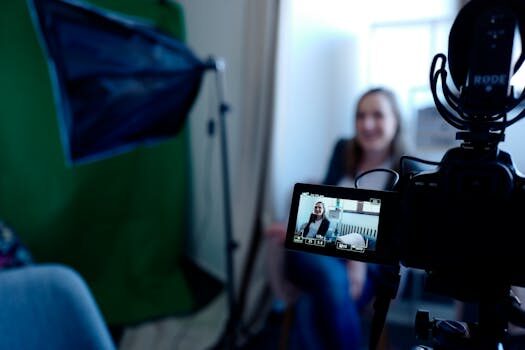
Be mindful of your pacing and enunciation. Speaking too quickly can be overwhelming, while too slowly may suggest a lack of confidence.
How to structure your answer to “Tell me about yourself” in an interview?
A structured response will help you convey your message clearly. Use the following approach:
- Start with a succinct introduction about your current status.
- Segue into your previous experiences, emphasizing your accomplishments.
- Explain your interest in the position and the company.
- Close by connecting your skills and experiences to the role at hand.
This structure ensures your answer is comprehensive yet concise, which is key in maintaining the interviewer’s attention.
What to include in your response to “Tell me about yourself”?
Your response should be a blend of professional highlights and personal attributes that make you the perfect candidate. Focus on experiences that showcase your ability to perform well in the role you’re interviewing for.
Include examples that demonstrate your problem-solving skills, leadership, teamwork, and any other qualities the employer might value. Tailor these examples to match the job description and company culture.
Discuss your career goals and how they align with the company’s direction, showing your long-term interest and commitment.
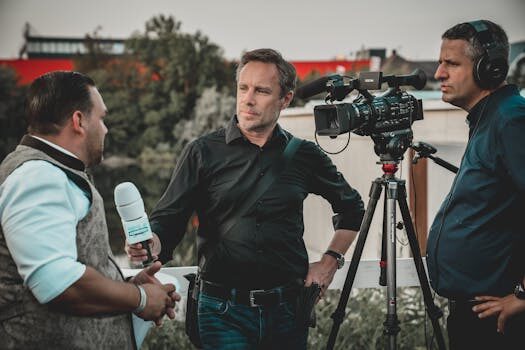
How to convey your strengths and weaknesses in an interview?
When discussing your strengths, provide concrete examples of how you’ve utilized them in a professional setting. It’s one thing to claim you have strong organizational skills, but it’s another to describe how these skills have positively impacted your work.
Addressing weaknesses can be tricky, but it’s crucial to do so honestly and constructively. Choose a weakness that is not a core competency for the role and show how you are actively working to improve on it.
Remember, the way you discuss your strengths and weaknesses can demonstrate your self-awareness and capacity for professional growth.
Further Insights on Tackling “Tell Me About Yourself” in Interviews
As you prepare your answer, consider the level of detail and personal touch you want to add. It’s important to be memorable, but always steer the conversation back to why you are the right fit for the job.
Research the company culture beforehand. Understanding the values and work environment can help you craft a response that resonates with the interviewer.
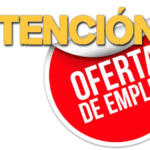 The job offer was not found – My Future Job
The job offer was not found – My Future JobAnd don’t forget, practice makes perfect. Rehearse your response to feel more comfortable when the question arises, but always leave room for spontaneity to keep the conversation engaging.

With a well-prepared answer to “Tell me about yourself,” you can make a lasting impression and significantly increase your chances of landing the job.
Related Questions on Interview Responses
What to say when they ask “tell me about yourself” in an interview?
When asked this question, provide a well-structured response that reflects your professional journey, key achievements, and how they relate to the position you’re applying for.
It’s essential to balance professionalism with a touch of personal insight, ensuring the interviewer gets a sense of who you are beyond your resume.
How do I respond when asked about myself in an interview?
Respond with a concise narrative that starts with your current situation, includes a highlight from your professional background, and ends with your interest in the role and company.
Keep your answer relevant and focused, avoiding overly personal details that don’t contribute to your professional image.
What should I say about myself in an interview?
Highlight your qualifications, experiences, and skills that align with the job requirements. Share examples that demonstrate your effectiveness in previous roles and explain why you’re excited about the opportunity to work with the new company.

Offer insights into your work ethic, adaptability, and how you can contribute to the team’s success.
How about I tell you a little about myself?
When prompting yourself to share more about your background, focus on aspects that showcase your suitability for the job. Discuss your past achievements, learning experiences, and how they’ve prepared you for the role you’re interviewing for.
Make sure to convey enthusiasm for the opportunity and a strong understanding of the company’s mission and values.
Now that you’re equipped with strategies and examples for the “Tell me about yourself” question, you can walk into your interview with confidence. Remember, the goal is to present yourself as the ideal candidate through a compelling narrative that showcases your professional capabilities and personal strengths.
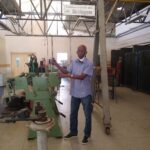 Professor of motorcycle mechanics – My Future Job
Professor of motorcycle mechanics – My Future Job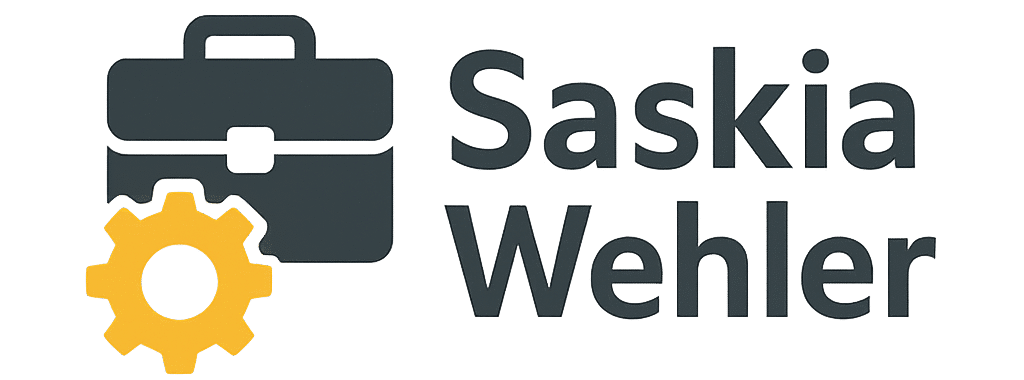

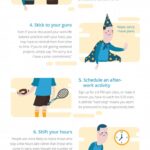
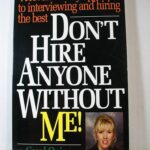
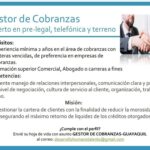

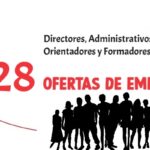

This is such a helpful breakdown of how to tackle one of the trickiest interview questions! It’s great to see the emphasis on not just sharing professional achievements but also weaving in personal strengths that align with the company’s culture. The idea of practicing your response while staying flexible is key, and the frameworks provided make it feel really manageable. Thanks for these insights—definitely feeling more prepared for future interviews!